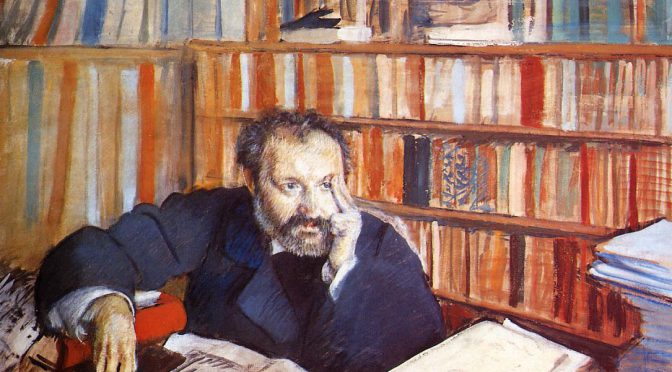Saša Sláma Floriánová
Student in the second year of the Master’s program ‘Teaching French and Philosophy’ at the Faculty of Arts at Charles University.
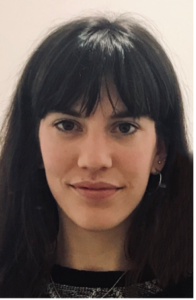 Professional interests: language didactics, philosophy didactics, teaching philosophy with literary texts
Professional interests: language didactics, philosophy didactics, teaching philosophy with literary texts
Internship period: April 2025 – July 2025
Antonin Vuillemin
Fifth-year student in the ERIG programme: ‘International Relations and Global Studies’, NEI course: ‘Negotiations and Expertise’ at Science Po Strasbourg.

Professional interests: specialising in international relations, cultural diplomacy and in research and expertise, with a focus on the Slavic countries, central and Eastern Europe and, in particular, the Czech Republic. Strong multidisciplinary and interdisciplinary interests in economics, political science and history.
Internship period: April 2025 – July 2025
Administrative and research internship
Bleuenn Bidois
Second-year Master´s degree student of History at Rennes 2 University, specialization in “International Relations, Globalisation and Interculturality” / fifth year at Sciences Po Rennes
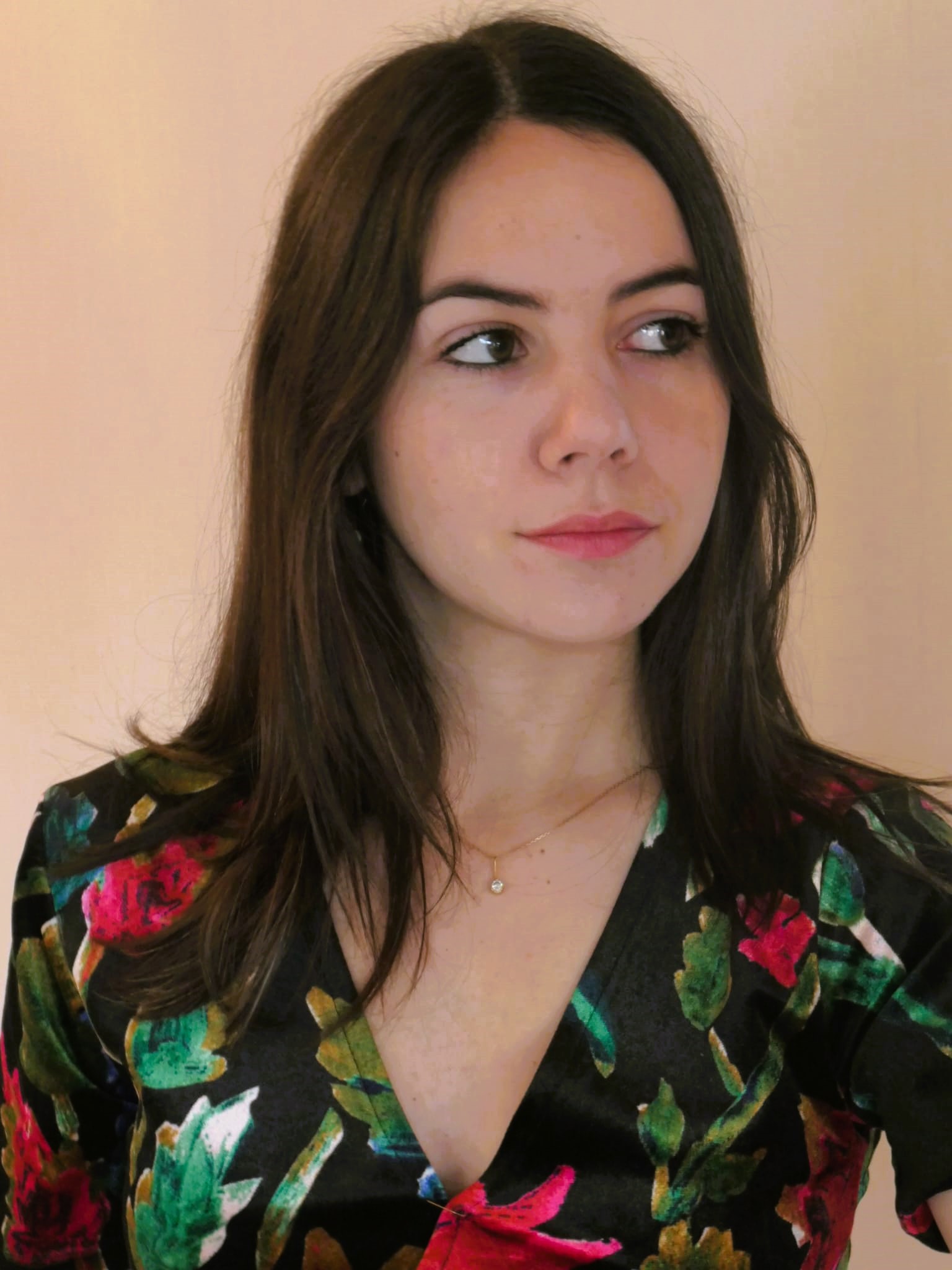 Professional interests: politics of memory in Europe and Latin America, memory tourism, history and memory of the Holocaust, cultural diplomacy, international relations
Professional interests: politics of memory in Europe and Latin America, memory tourism, history and memory of the Holocaust, cultural diplomacy, international relations
Internship period: February 2025 – April 2025
Administrative and research internship
Barbora Musilová
First-year Master’s student of French philology at Faculty of Arts, Charles Univesity.
Professional interests: romance languages, dialectology, comparative linguistics, translation, francophone areas.
Internship period: December 2024 – February 2025
Administrative and translation internship



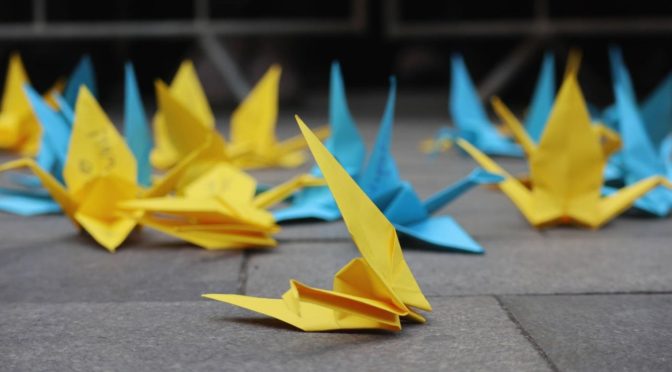
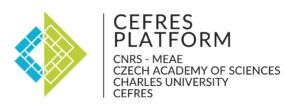 The aim of the program is to associate two researchers, one from the CAS and one from CNRS or affiliated to CNRS (i.e. member of an UMR) around a joint research project leading to foster joint Czech-French scientific collaboration through the submission of a project proposal:
The aim of the program is to associate two researchers, one from the CAS and one from CNRS or affiliated to CNRS (i.e. member of an UMR) around a joint research project leading to foster joint Czech-French scientific collaboration through the submission of a project proposal: 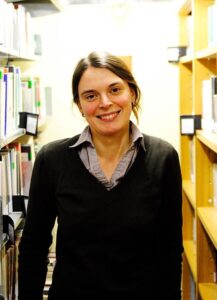 Eva Krásová teaches theory of literature at the Institute of Czech Literature and Comparative Studies at the Faculty of Arts, Charles University in Prague.
Eva Krásová teaches theory of literature at the Institute of Czech Literature and Comparative Studies at the Faculty of Arts, Charles University in Prague.